Following the launch of Apple's new 13-inch MacBook Pro with the M2 chip, it has been discovered that the $1,299 base model with 256GB of storage has significantly slower SSD read/write speeds compared to the equivalent previous-generation model.
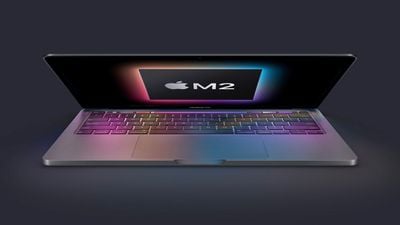
YouTube channels such as Max Tech and Created Tech tested the 256GB model with Blackmagic's Disk Speed Test app and found that the SSD's read and write speeds are both around 1,450 MB/s, which is around 50% slower reading and around 30% slower writing compared to the 13-inch MacBook Pro with the M1 chip and 256GB of storage.
Disk Speed Test app numbers shared by Max Yuryev of Max Tech:
- 13-inch MacBook Pro (M1/256GB) Read Speed: 2,900
- 13-inch MacBook Pro (M2/256GB) Read Speed: 1,446
- 13-inch MacBook Pro (M1/256GB) Write Speed: 2,215
- 13-inch MacBook Pro (M2/256GB) Write Speed: 1,463
Yuryev disassembled the new 13-inch MacBook Pro and discovered that the 256GB model is equipped with only a single NAND flash storage chip, whereas the previous model has two NAND chips that are likely 128GB each. This difference likely explains why the new model has a slower SSD, as multiple NAND chips allows for faster speeds in parallel.
It appears that only the base model 13-inch MacBook Pro with M2 chip has a slower SSD. As noted in the MacRumors forums, Aaron Zollo ran the Disk Speed Test app on the 512GB model and the SSD's read/write speeds were similar to all M1 models, but getting these speeds will require spending at least $1,499. This likely means that the 512GB model remains equipped with two 256GB flash storage chips.
It's unclear why the new base model 13-inch MacBook Pro is only equipped with a single NAND chip, but costs and/or supply constraints are two possible factors. We've reached out to Apple for comment and will update this story if we hear back.
Slower SSD speeds can impact common tasks such as transferring files to an external drive, and overall performance can also take a slight hit since Macs temporarily use SSD space as virtual memory when physical RAM is fully used. If you are considering the new 13-inch MacBook Pro and faster SSD speeds are important to you, we recommend ordering a model with at least 512GB of storage (or better yet, wait for the new MacBook Air in July).
The new 13-inch MacBook Pro launched on Friday. The base model's slower SSD speeds were not mentioned in many (any?) embargoed reviews of the notebook, as it appears that Apple provided many reviewers with a 1TB configuration for testing.
It remains to be seen if the new MacBook Air with the M2 chip will also have slower SSD speeds when configured with 256GB of storage.


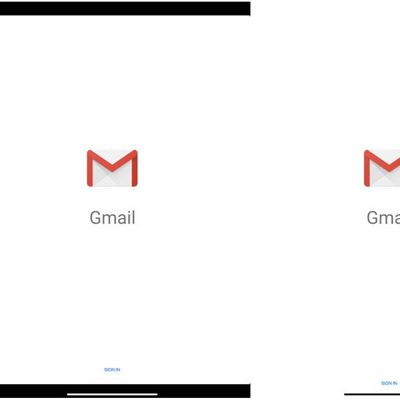



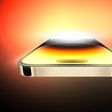




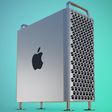


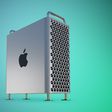



Top Rated Comments
The only entity that has any explaining to do here is Apple. Especially in this day and age where pcie4.0 nvme storage is readily available in the market at affordable prices, and we’re on the cusp of pcie5.0 nvme storage, which will launch later in 2022. 12,000 MB/sec is coming soon. Alder Lake/Raptor Lake and Zen 4 systems will be able to take advantage.
I mean it is still much faster than sata storage, but at 1400 MB/sec, it’s not even utilizing 50% of the available bandwidth of last-gen pcie3.0 m.2 storage, and even less of the pcie4.0 bandwidth that’s available in current gen laptops and even MacBook Pros.
A Samsung 980 pro or Western Digital SN850 will net you close to 7000 MB/sec read and 5000+ MB/sec write. Apple really has no excuse to be offering slower SSD speeds than the predecessor, without offering a commensurate decrease in price. This is unacceptable.